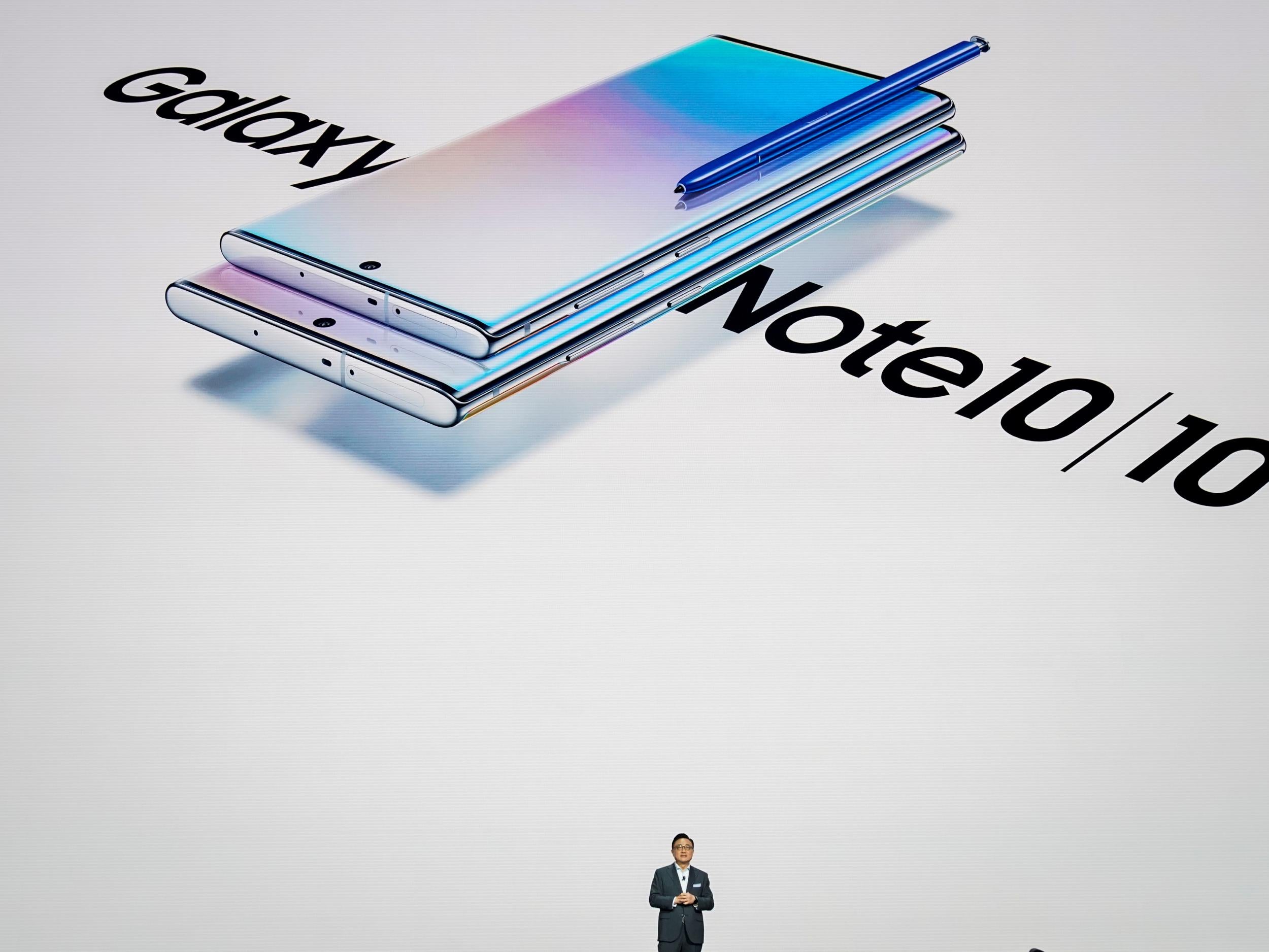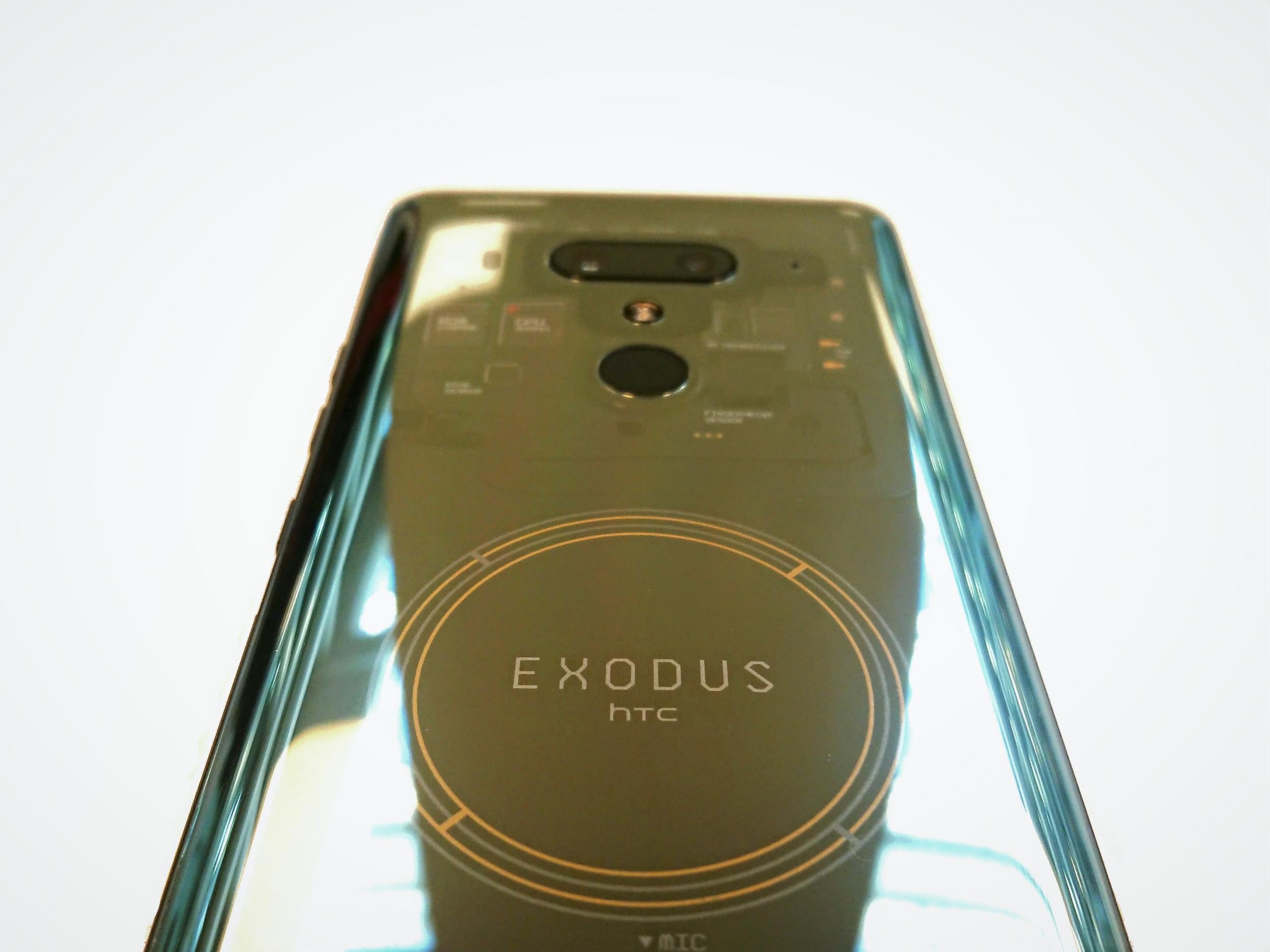Samsung to release cryptocurrency version of Galaxy Note 10
Smartphone giant is latest to bring out a blockchain phone in 2019

Your support helps us to tell the story
From reproductive rights to climate change to Big Tech, The Independent is on the ground when the story is developing. Whether it's investigating the financials of Elon Musk's pro-Trump PAC or producing our latest documentary, 'The A Word', which shines a light on the American women fighting for reproductive rights, we know how important it is to parse out the facts from the messaging.
At such a critical moment in US history, we need reporters on the ground. Your donation allows us to keep sending journalists to speak to both sides of the story.
The Independent is trusted by Americans across the entire political spectrum. And unlike many other quality news outlets, we choose not to lock Americans out of our reporting and analysis with paywalls. We believe quality journalism should be available to everyone, paid for by those who can afford it.
Your support makes all the difference.Samsung has built a blockchain version of its flagship Galaxy Note 10 smartphone, allowing customers to store cryptocurrency like bitcoin on their phones.
The KlatynPhone will feature the same hardware and will cost the same price as other Galaxy Note 10 devices, however its underlying software will support blockchain apps and a cryptocurrency wallet.
It has been developed alongside messaging giant Kakao, which built a blockchain network called Klatyn that supports cryptocurrency transactions.
The KlatynPhone will only be available in Korea to begin with, according to The Wall Street Journal, who first reported about the new phone.
Samsung did not respond to a request for comment from The Independent about when it might be available in other markets.
The South Korean electronics giant is the latest phone maker to a build blockchain smartphone, with peripheral phone maker HTC launching the HTC Exodus 1 earlier this year.
Other smaller startups, such as Sirin Labs, have also launched blockchain phones in the belief they represent the future of the internet.
Built around the decentralised web - or Web 3.0 - they use a peer-to-peer network to send and receive information. This means data doesn't need to pass through servers controlled by internet and technology firms, essentially handing back people control of their data.

When it was first launched, HTC described it as "the first smartphone built for this new internet", representing a paradigm shift away from the big data business models of large tech companies.
"All out private data - from credit history to search data - is handled by third parties," Phil Chen, who led the development of the HTC Exodus 1, told The Independent at the time.
"We don't own or control any of it. Instead, it is just seven companies in the world that control almost all of the data. They have become more powerful than governments."
One of the things that this new wave of phones could transform is payments, with each phone coming with an in-built cryptocurrency wallet.
This allows owners of these phones to store and spend cryptocurrencies like bitcoin, as well as forthcoming digital currencies set to be launched by apps like Telegram.
Join our commenting forum
Join thought-provoking conversations, follow other Independent readers and see their replies
Comments